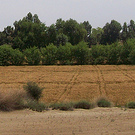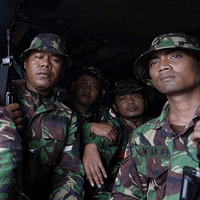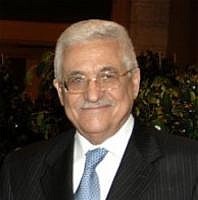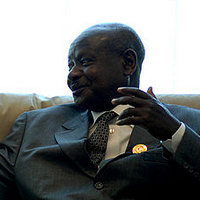
At the start of the Arab revolutions, Turkish Prime Minister Recep Tayyip Erdogan and his Justice and Development Party (AKP) tentatively placed Turkey on the side of the pro-democracy movements, starting with Tunisia and then Egypt. In contrast to 2009, when Ankara backed the Ahmadinejad administration following Iran’s disputed elections, Turkey was the first country to call for Egyptian President Hosni Mubarak to step down at a time when other leaders, including U.S. President Barack Obama, were hedging their bets. In doing so, Erdogan positioned himself and Turkey as regional leaders in encouraging democracy in other Muslim countries, based on […]







